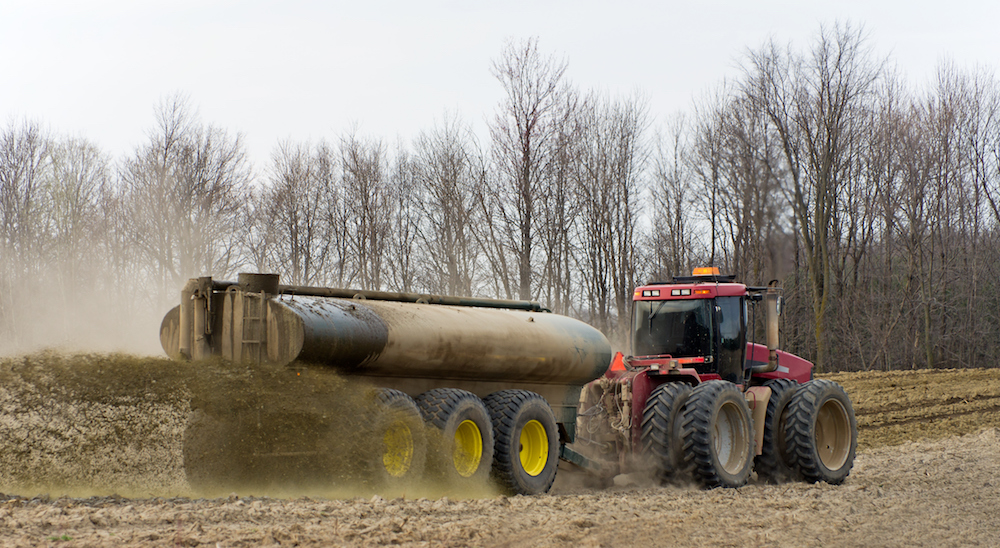New requirement comes after last year’s Clean Wisconsin v. DNR state Supreme Court ruling
For the first time, the Wisconsin Department of Natural Resources (DNR) is using its permitting authority to require a large-scale dairy operation to monitor groundwater pollution around farm fields where it spreads manure. As part of its DNR-issued Concentrated Animal Feeding Operation (CAFO) Permit, Kinnard Farms in Kewaunee County will have to monitor groundwater for harmful pollutants like nitrates and bacteria, which often come from cow manure and fertilizer.
“People who live around Kinnard Farms and other large-scale animal operations rely on groundwater for their drinking water. We have to better understand how much manure pollution is coming off of those farm fields and endangering the drinking water supply,” says Clean Wisconsin Water Program Director Scott Laeser. “As the Supreme Court made clear, DNR can require monitoring for potential polluted runoff from farm fields as part of its permitting process, and they have proposed a sensible plan to do so. It’s a critical first step to addressing groundwater contamination.”
The move stems from last summer’s Clean Wisconsin v. DNR state Supreme Court ruling. In the case, Clean Wisconsin argued that the DNR does have the authority to impose water quality monitoring and animal limits as conditions of a CAFO Permit, and the Court agreed. The final permit issued for Kinnard farms requires a phased approach to groundwater monitoring, beginning with two sites, and limits the number of animals to around 8,000 cows, the current size of the farm.
“This farm and many others around Wisconsin are already taking some steps to protect groundwater resources from pollution. Effective groundwater monitoring can help us identify potential problems or practices that lead to contamination and also validate whether the important conservation efforts that are already underway are making an impact,” Laeser says.
The DNR is requiring Kinnard farms to submit a water quality monitoring plan for review and approval that will help guide the agency and the farm in identifying future groundwater monitoring.
“We know all parties want the same result—clean drinking water for Kewaunee County families. What the DNR is requiring is a sensible starting place, and Clean Wisconsin will be closely following these monitoring efforts and subsequent permit discussions to assure that steady and meaningful progress is made towards that goal,” says Laeser.

